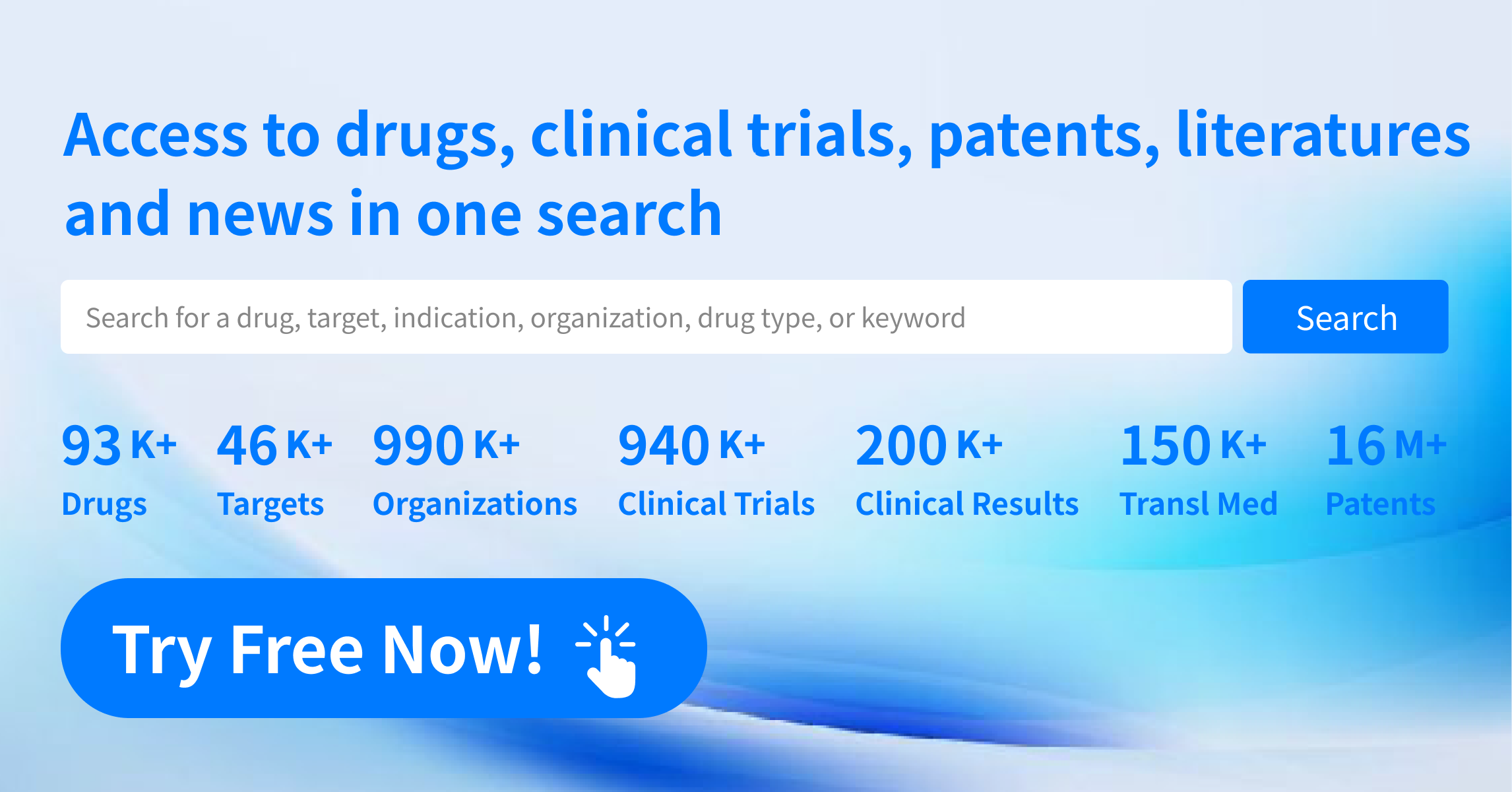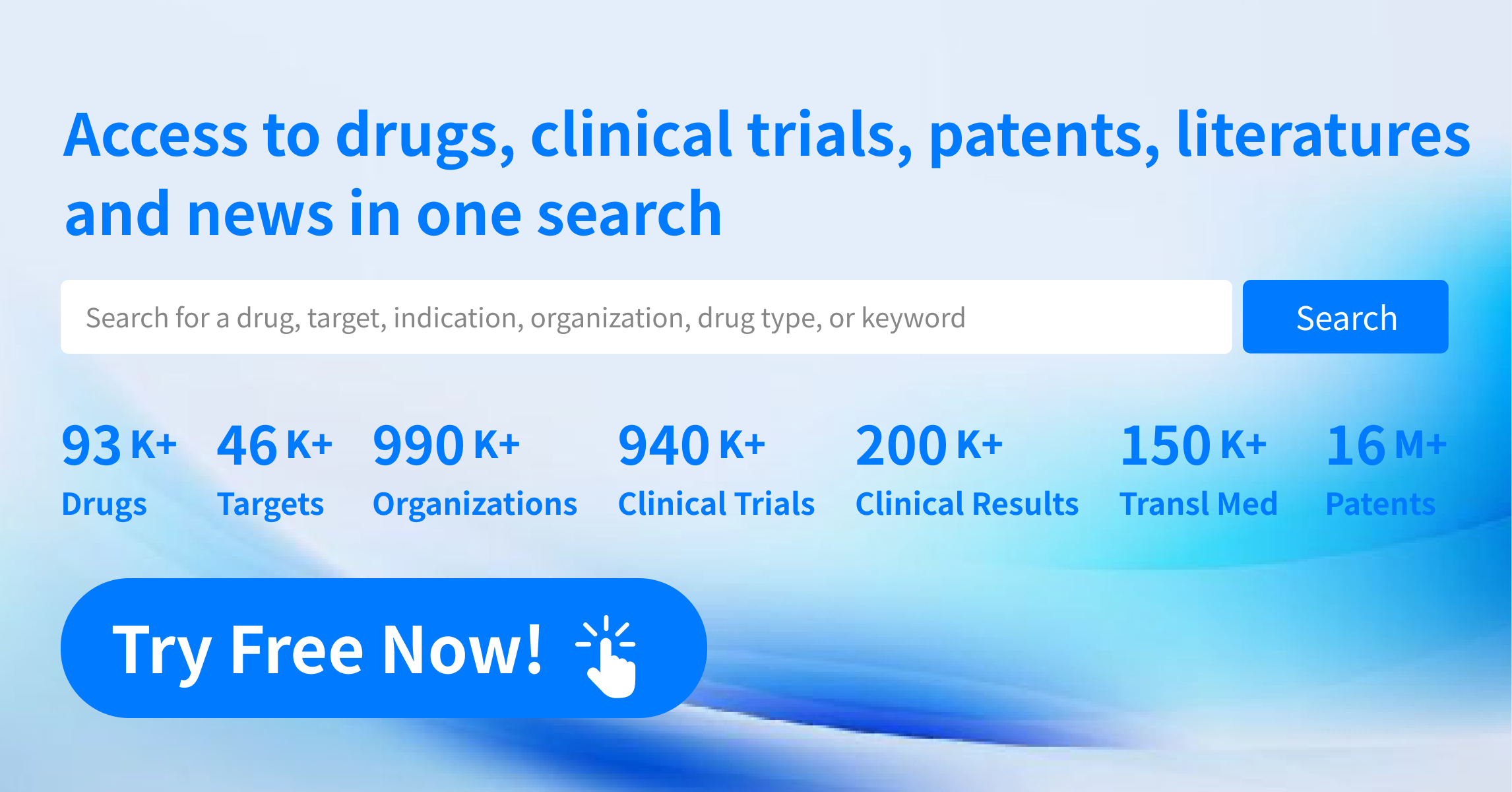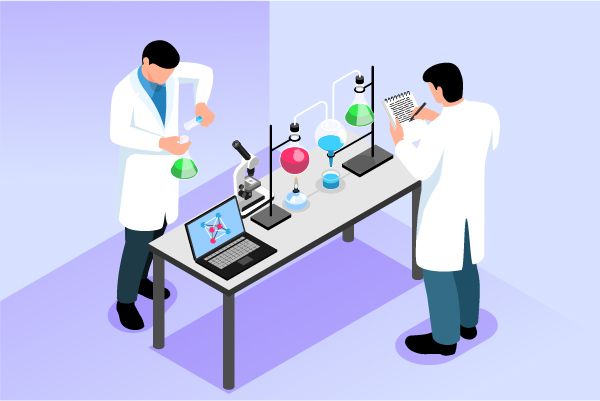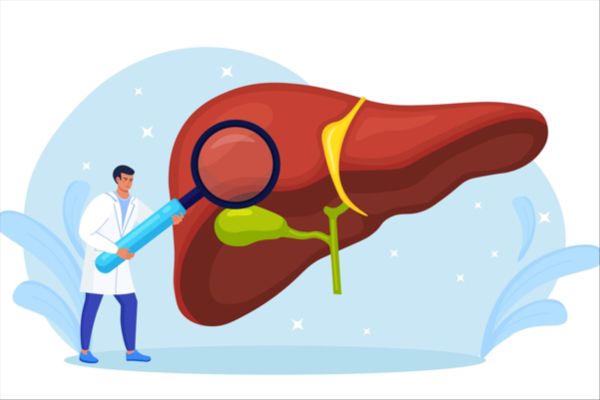Global New Drug Research and Development Progress Weekly Report (9.2-9.8)
Global Pharmaceutical Research and Development Progress
1.Sanofi's BTK Inhibitor Announces Phase III Progress in Multiple Sclerosis Trials
On September 2, Sanofi announced the latest developments from three Phase III clinical trials of its BTK inhibitor, Tolebrutinib, for the treatment of multiple sclerosis. The GEMINI 1 and GEMINI 2 trials, aimed at treating relapsing forms of multiple sclerosis (RMS), did not meet their primary endpoint of annualized relapse rate (ARR) reduction. However, the HERCULES trial for non-relapsing secondary progressive multiple sclerosis (nrSPMS) achieved its primary endpoint, making Tolebrutinib the first and only drug to slow disability accumulation in nrSPMS patients. Tolebrutinib is being evaluated in four Phase III trials targeting multiple sclerosis: GEMINI 1 and GEMINI 2 for RMS, HERCULES for nrSPMS, and PRESEUS for primary progressive multiple sclerosis (PPMS). RMS affects a patient population of 910,000, while nrSPMS impacts 170,000 patients. Despite missing the largest patient group in RMS, the successful primary endpoint in the Phase III trial for nrSPMS represents a significant breakthrough for Tolebrutinib.
2.Hengrui's HER2 ADC Considered for Priority Review
On September 2, the CDE website indicated that Hengrui Pharmaceutical’s HER2 ADC, Trastuzumab Rezetecan for Injection (SHR-A1811), is under consideration for priority review. The drug is intended for the treatment of adult patients with locally advanced or metastatic non-small cell lung cancer (NSCLC) harboring HER2 mutations, who have received at least one prior systemic therapy.
SHR-A1811 consists of trastuzumab, a cleavable linker, and a topoisomerase I inhibitor payload (SHR169265). The SHR169265 payload not only has higher membrane permeability but also significantly enhances cytotoxic effects. Moreover, the innovative chiral cyclopropyl design between the linker and the toxin greatly improves the drug's chemical stability, effectively controlling the precise release of the toxin and significantly reducing the early-release side effects that could arise from premature toxin discharge.
3.Amgen’s OX40 Antibody Receives Approval for Clinical Trial in Prurigo Nodularis Treatment
On September 4, the CDE website revealed that Amgen’s new clinical application for AMG 451, a first-in-class drug, has been approved for the treatment of prurigo nodularis. Public information shows that AMG 451 (rocatinlimab) is a fully human anti-OX40 monoclonal antibody under investigation. Amgen acquired the rights to co-develop and commercialize this product through a collaboration with Kyowa Kirin, valued at up to $1.25 billion. OX40 (also known as CD134) is a key T-cell co-stimulatory molecule that enhances immune activity by regulating the proliferation and survival of effector T cells, while also inhibiting the activity and proliferation of regulatory T cells (Tregs). The development of antibodies targeting OX40 holds potential for treating various immune diseases. Rocatinlimab, specifically, is a fully human monoclonal antibody targeting OX40.
4.Kelun Botai’s Bispecific ADC Files for Clinical Trial Application
On September 5, the CDE website revealed that Kelun Botai's clinical trial application for SKB571, a Category 1 new drug for injection, has been accepted. SKB571 is an innovative bispecific antibody-drug conjugate (ADC) developed by Kelun Botai. It is designed to overcome tumor heterogeneity and enhance therapeutic efficacy. The drug has demonstrated promising anti-tumor activity and safety in multiple patient-derived xenograft (PDX) models and cynomolgus monkeys, targeting various solid tumors such as lung cancer and gastrointestinal cancers. On August 19, Kelun Pharmaceutical announced new developments in its collaboration with Merck & Co., where Merck exercised its option for global rights to SKB571 outside of Greater China, paying $37.5 million in cash, with milestone payments to follow based on progress.
5.Eli Lilly's Small Molecule GLP-1 Initiates New Phase III Clinical Trial
On September 5, Eli Lilly registered another Phase III clinical trial for its small molecule GLP-1 receptor agonist, Orforglipron, on Clinicaltrials.gov. The purpose of this trial is to evaluate the efficacy and safety of Orforglipron as a weight maintenance therapy, with a plan to enroll 480 obese patients and an expected completion date of January 2026. This study will enroll patients who completed the SURMOUNT-5 trial, a head-to-head Phase III trial comparing the obesity treatments Tirzepatide and Semaglutide, which is set to conclude in November 2024. Both Tirzepatide and Semaglutide are the leading weight-loss drugs on the market, indicating that this new Phase III trial for Orforglipron is aimed at the post-treatment maintenance therapy landscape for these drugs. From previous experience with Semaglutide, only about one-third of patients can maintain treatment for a year, and weight regain after stopping the drug remains one of the biggest challenges for GLP-1 class weight-loss medications. This suggests that there is a large market for maintenance therapy after treatment with Tirzepatide and Semaglutide. Orforglipron has already initiated 10 Phase III trials, covering various indications in type 2 diabetes and weight loss, with over 11,000 patients enrolled.
6.Positive Results for BCMA/CD3 Bispecific Antibody in Autoimmune Disease Treatment
Recently, The New England Journal of Medicine published results from two highly anticipated clinical studies. The studies demonstrated significant improvements in patients with refractory autoimmune diseases treated with Janssen’s bispecific antibody, Tecvayli (teclistamab). One patient with systemic lupus erythematosus (SLE) experienced a complete remission, with SLE biomarkers returning to normal or near-normal levels and complete resolution of mucocutaneous and musculoskeletal symptoms. In another study, researchers tested the drug on patients resistant to more than five immunosuppressive agents, including those with systemic sclerosis, primary Sjögren’s syndrome, idiopathic inflammatory myopathy, and rheumatoid arthritis, achieving similarly positive outcomes.
Targeting B cells and plasma cells is a key strategy for treating various autoimmune diseases. While CAR-T therapy has shown some progress in autoimmune diseases, its lengthy production process and the need for patient preconditioning have limited its use. As a result, researchers have turned their attention to off-the-shelf bispecific antibodies. Teclistamab is a fully humanized BCMA/CD3 bispecific antibody and the first bispecific therapy approved for the treatment of multiple myeloma. This therapy can simultaneously bind T cells and B cells, activating T cells to attack pathogenic B cells. The promising results in autoimmune diseases mark a potential milestone for bispecific antibodies in the autoimmune field.
7.Novo Nordisk Submits Weekly Growth Hormone for Marketing Approval in China
On September 5, the CDE website showed that Novo Nordisk's new drug application for somapacitan injection has been accepted. According to public information, this drug is highly likely to be Novo Nordisk's long-acting, once-weekly growth hormone Sogroya® (somapacitan). Sogroya® (somapacitan) injection is a human growth hormone analogue similar to the growth hormone produced by the human body and is used to treat adult growth hormone deficiency (AGHD). Sogroya® has already been approved in the U.S., EU, Japan, Australia, and Saudi Arabia, requiring only once-weekly subcutaneous injections for the replacement therapy of endogenous growth hormone in AGHD patients. It can also be used for the treatment of children aged 2.5 years and older. In China, a Phase III study for treating pediatric patients with growth delay due to insufficient growth hormone secretion has been completed.
8.Hengrui Pharmaceutical's JAK1 Inhibitor Application for Alopecia Areata Indication Accepted
On September 5, Hengrui Pharmaceutical announced that the marketing authorization application for ivarmacitinib sulfate tablets (SHR0302), a JAK1 inhibitor, has been accepted by the National Medical Products Administration (NMPA) for the treatment of adult patients with severe alopecia areata. In June 2024, the Phase III clinical trial of ivarmacitinib sulfate tablets achieved the superiority standard set in the trial protocol for the primary endpoint. This study is a randomized, double-blind, placebo-controlled Phase III trial evaluating the efficacy and safety of ivarmacitinib sulfate tablets in adults with severe alopecia areata. In addition to the alopecia areata indication, ivarmacitinib sulfate tablets have three other marketing authorization applications accepted by the CDE, targeting moderate-to-severe atopic dermatitis in adults and adolescents aged 12 and older, ankylosing spondylitis, and moderate-to-severe active rheumatoid arthritis. Furthermore, ivarmacitinib sulfate tablets are undergoing clinical trials in various other areas, including ulcerative colitis and psoriatic arthritis, with most studies in Phase III. In 2018, Hengrui licensed the drug to Arcutis Biotherapeutics.
9.Eli Lilly’s Long-Acting Insulin Achieves Primary Endpoints in Two Phase III Trials
On September 6, Eli Lilly announced positive topline results from two Phase III clinical trials, QWINT-1 and QWINT-3, which evaluated the efficacy of its once-weekly insulin, efsitora alfa (efsitora), in adults with type 2 diabetes who were either insulin-naïve or transitioning from daily basal insulin injections. In both trials, efsitora demonstrated non-inferiority to daily basal insulin in reducing glycated hemoglobin (A1C) levels.
In the QWINT-1 trial, after 52 weeks, efsitora showed non-inferiority in A1C reduction compared to the active control. Patients in the efsitora group saw their A1C levels decrease by 1.31 percentage points, while those in the control group experienced a 1.27 percentage point reduction, with final A1C levels of 6.92% and 6.96%, respectively.
The QWINT-3 trial aimed to compare the efficacy and safety of once-weekly efsitora with once-daily insulin degludec over 78 weeks in adults with type 2 diabetes who were already on basal insulin therapy. The analysis showed that QWINT-3 achieved its primary endpoint at week 26, with efsitora demonstrating non-inferiority in A1C reduction compared to the active control. A1C levels in the efsitora group decreased by 0.86 percentage points, while the control group saw a 0.75 percentage point reduction, with final A1C levels of 6.93% and 7.03%, respectively.
10.GSK’s Mepolizumab Succeeds in Phase III COPD Trial, Plans for Marketing Submission
On September 7, GSK announced that its IL-5 antibody mepolizumab achieved positive results in the Phase III MATINEE trial for chronic obstructive pulmonary disease (COPD) patients. The company plans to submit the data to regulatory agencies to support the approval of this indication. Mepolizumab was first approved by the FDA in November 2015, becoming the first IL-5 antibody approved by the FDA under the brand name Nucala. Since its approval, the drug has expanded to five additional indications, with global sales steadily rising in double digits each year, reaching $2.063 billion in 2023. According to WHO data, COPD is the third leading cause of death worldwide, and Research Nester predicts that the global COPD treatment market will reach $30 billion by 2031, highlighting significant market potential.
For more information on the progress of drug development, please follow the Synapse database.
Dynamics of Global Pharmaceutical Trade Cooperation
1.Simcere Zaiming Acquires Chinese Commercial Rights to TargetRx's ALK/ROS1 Inhibitor
On September 2, Simcere Pharmaceutical announced that its subsidiary, Simcere Zaiming, has acquired the mainland Chinese commercialization rights to TGRX-326, an ALK/ROS1 inhibitor developed by TargetRx. Simcere will pay a $20 million upfront payment, and TargetRx will cover the promotional service fees. TGRX-326, independently developed by TargetRx, is a third-generation ALK inhibitor that is a potent, highly selective dual receptor tyrosine kinase (RTK) small molecule inhibitor targeting ALK and c-ROS oncogene 1 (ROS1). It holds significant therapeutic potential for non-small cell lung cancer (NSCLC) patients with ALK/ROS1 fusion genes, including those with various ALK-resistant mutations such as G1202R. TGRX-326 has demonstrated strong anti-tumor efficacy and safety in preclinical studies and Phase 1 clinical trials. Furthermore, this molecule can efficiently penetrate the blood-brain barrier, showing excellent efficacy in NSCLC patients with brain metastases. Currently in Phase 3 clinical development, this collaboration will further expand Simcere's presence in the lung cancer field.
2.EpimAb and Vignette Bio Sign Licensing Agreement for BCMA/CD3 Bispecific Antibody EMB-06
On September 4, EpimAb announced that it has entered into a licensing agreement with Vignette Bio for EMB-06, a BCMA/CD3 bispecific antibody. Under the agreement, Vignette will obtain exclusive rights to develop and commercialize EMB-06 outside the Greater China region (including Mainland China, Hong Kong, Macau, and Taiwan). In return, EpimAb will receive an upfront payment of $60 million in cash and Vignette equity, as well as up to $575 million in milestone payments for development, commercialization, and market approval, along with royalties based on net sales. EMB-06 is the first T-cell engager (TCE) molecule developed using EpimAb’s proprietary T-cell engagement platform. It is currently undergoing Phase I/II clinical trials in China and Australia. The product combines EpimAb’s FIT-Ig bispecific antibody platform, its CD3 binding domain library, and its in-house drug discovery and antibody engineering capabilities.
3.Nucleic Acid Drug Platform HAYA Partners with Eli Lilly to Develop Obesity Targets
On September 4, HAYA Therapeutics, a company incubated with investment from Viva Biotech, announced a multi-year collaboration with Eli Lilly. The two parties will leverage HAYA’s advanced RNA-guided regulatory genome platform to support preclinical drug discovery targeting obesity and related metabolic diseases. The partnership will identify multiple RNA targets derived from the regulatory genome to treat these chronic conditions. According to the agreement, HAYA will receive an upfront payment, including equity investment, and is eligible for up to $1 billion in preclinical, clinical, and commercial milestone payments, as well as royalties on product sales. HAYA is a pioneering biotechnology company that uses precise RNA-guided regulatory genome therapies to target chronic diseases.
4.Arsenal Bio Completes $325 Million Series C Financing
On September 4, Arsenal Biosciences announced the completion of a $325 million Series C financing round. New investors include ARCH Venture Partners, Milky Way Investments Group, Regeneron, Nventures, and Luma Group, while existing investors such as SoftBank Vision Fund 2, Bristol-Myers Squibb (BMS), Westlake Village BioPartners, Parker Institute for Cancer Immunotherapy (PICI), Kleiner Perkins, Byers Capital, and Hitachi Ventures also participated. Founded in 2019, Arsenal Biosciences has now raised a total of $630 million. The company focuses on developing CAR-T therapies for solid tumors, with its lead program, AB-1015, aimed at treating ovarian cancer and currently in clinical trials.
5.Eli Lilly Partners with AI Drug Company to Develop Oligonucleotide Therapies
On September 5, Eli Lilly announced a collaboration with Genetic Leap to develop gene therapies using Genetic Leap’s AI-powered platform for RNA-targeted drugs. The partnership aims to create oligonucleotide therapies for targets selected by Eli Lilly. Under the terms of the agreement, Genetic Leap will receive up to $409 million in upfront, development, clinical, regulatory, and commercial milestone payments from Eli Lilly, in addition to tiered royalties. This is not Lilly's first foray into AI; in June this year, Lilly partnered with OpenAI to leverage AI for developing antibacterial drugs. The collaboration builds on a successful pilot between the two companies, utilizing Genetic Leap's proprietary AI platform to develop RNA-targeting oligonucleotide or small-molecule therapies.
6.Acepodia Enters Research Collaboration with Pfizer
On September 5, Acepodia announced a strategic clinical collaboration with Pfizer Ignite, a division of Pfizer, to jointly support the development of its investigational therapies for autoimmune diseases. Pfizer Ignite leverages Pfizer’s extensive resources, scale, expertise, and track record in breakthrough drug development to help biotech companies accelerate innovation from preclinical research through the entire development lifecycle. Under this agreement, Pfizer Ignite will provide Acepodia with strategic guidance and resource support to advance its potential first-in-class cell therapies for treating tumors and autoimmune diseases. Acepodia's Antibody Cell Conjugate (ACC) platform uses bioorthogonal chemistry to create an off-the-shelf CAR-T cell therapy without the need for genetic engineering. This approach allows for easier scalability in manufacturing and avoids common CAR-T therapy side effects, such as cytokine release syndrome and neurotoxicity. Acepodia's first clinical-stage candidate, ACE1831, is an off-the-shelf γδ2 T-cell therapy targeting CD20. It is currently undergoing a Phase 1 clinical trial in patients with non-Hodgkin’s lymphoma, showing potent and durable effects even after a single treatment at the lowest dose level.





